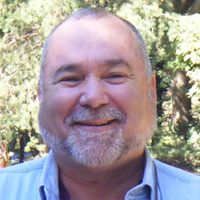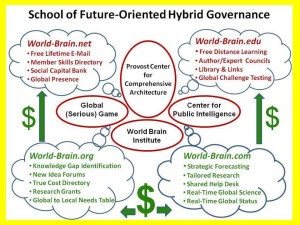
Deciding who should pay to publish peer-reviewed scientific research
How open-access journals are changing the field of peer-reviewed science
John Abraham
The Guardian, 18 September 2014
There is an important discussion to be had about the future of scientific publications.
– – – – – – –
A publisher cannot simply give papers away for free – they would rapidly go out of business. On the other hand, an author can opt to make their papers available without a pay wall, but the author has to pay for this option. My colleagues and I recently wrote a major ocean heating paper and paid multiple thousands of dollars to make it freely available. This money came from our research budgets – budgets that are already tight.
So into this mix enter open-access publishers. Instead of selling papers, they make the articles freely available to the public. On the one hand, this system dramatically alters who can gain access to articles. The papers can be freely downloaded anywhere in the world (hugely important if you are a researcher in the developing world). In addition, open-access journals typically do not print papers in hard copy form, thus saving money on printing and shipping. But how can these journals survive? They do that by charging the author. Fees range anywhere from $100–$1000 or so.

ROBERT STEELE: At this time roughly 1% of authentic scientific papers are published. Cf. Stephen E. Arnold: 1% of Science Gets Published — What Cost to Economics? at Phi Beta Iota the Public Intelligence Blog. The Open Access movement has also spawned a truly horrible criminal industry. What has NOT been explored is the “third way” that I and others have been proposing for decades: a world brain architecture in which every individual has anonymnity, identity, privacy, and rights, and every paper is available as a persistent URL with the ability to add links, commentary, and valuations. It merits comment that the OTHER sucking chest wound in academia and research generally is that the disciplines and stove-disciplines are all stove-piped and isolated from one another. No one does holistics analytics, true cost economics, and open source everything engineeering (see The Guardian piece by Nafeez Ahmed on open source everything). Universities have become lazy and unimaginative — corrupt is a word that applies to many of them. It need not be this bad.

See Also:
2014 INTERVIEW: Hal Berghel of Robert Steele for IEEE Computer
2013 The Evolving Craft of Intelligence [As Published]
2011 The Ultimate Hack Re-Inventing Intelligence to Re-Engineer Earth (As Published)
Open Source Everything Home Page



